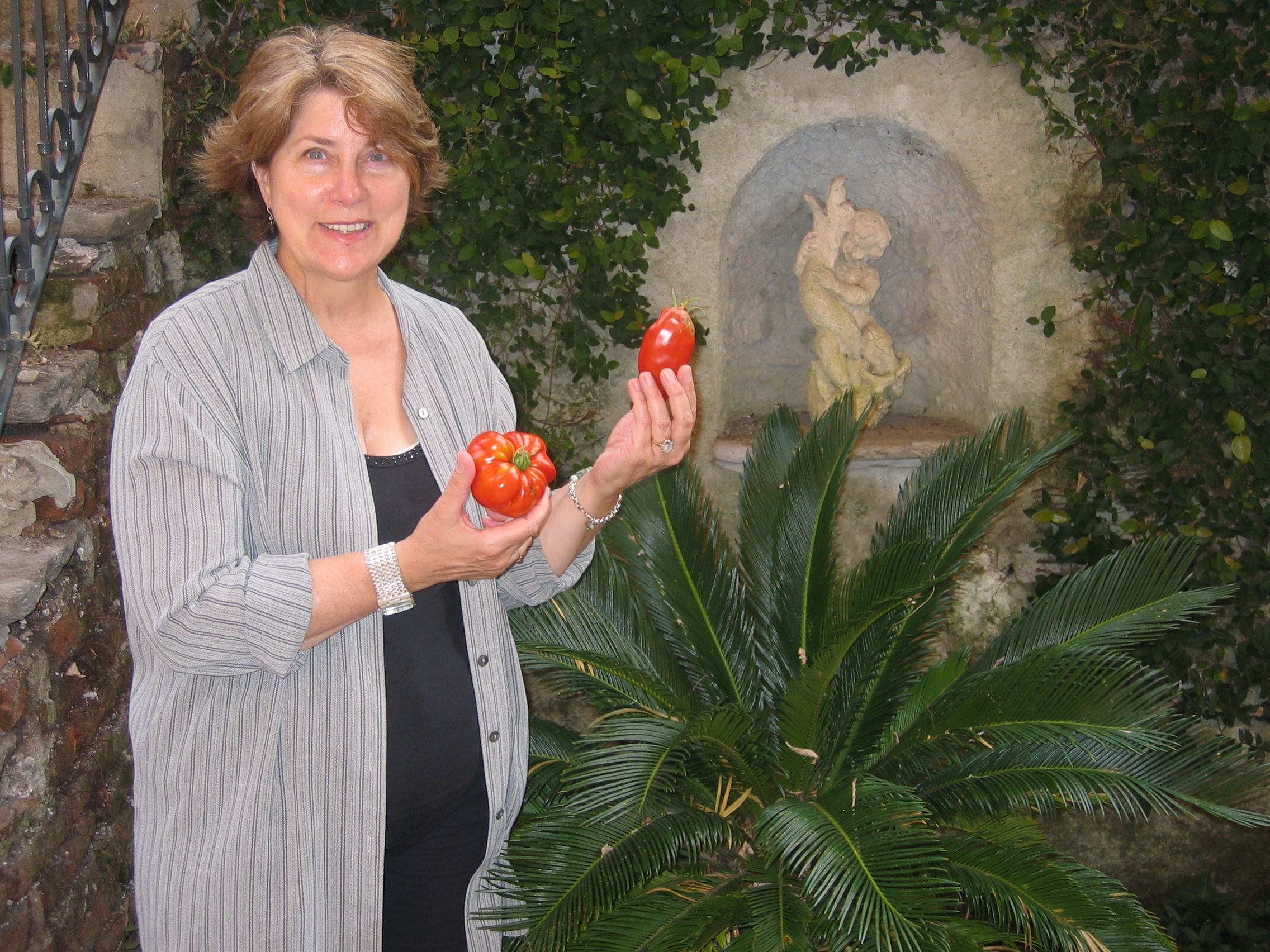miniStories: “Little Vladimir” by Marcia Peck
A haunting piece by miniStories winner Marcia Peck, set in the miseries of World War II, about the balms of both music and memory in the face of incredible suffering.


Little Vladimir
Coached by his mother, little Vladimir sang a fabled folk song for his fathers departure: a small steadfast soprano to bolster their courage. Olga silently placed each word on his tongue with the intensity of her concentration.
And so to hold home close, Vladimirs father carried his violin to the Great War, a black varnished stump in its crumbling leather case strapped to his back. When his captured detachment was being marched to the detention camp outside Berlin, one enemy officer, boots still muddy from the front, stopped him.
Whats that on your back?
Vladimirs father, no stranger to the German tongue, repliednot in the heavy-throated dialect of his own village in central Russia, nor in the rich-voweled pastels of Italian, language of music since PalestrinaVladimirs father answered, Eine Geige. A violin.
Thus it happened that he was spared barbed wire and sent instead to the short-handed opera house, staffed by men too infirm to fight and three other prisoners: two from the Ukraine and a Finn. Vladimirs father polished his shoes and pressed his shirt (as best as could be accomplished with flat, stove-heated stones) and cut the tips from his woolen gloves to bare his fingers in the drafty theater. Night after night opera followed opera, attended by audiences for whom no mere war could take precedence over the great musical stories, all sung in German, as was the fashion in that country. Verdi, Wagner, Mascagni: all in German. And once, for two brief, ecstatic but sacrilegious evenings, Olgas favorite: Snegourochka. Rimsky-Korsakov in German!
The horsehair on his bow was thin; his instrument was nicked and scarred. But Vladimirs father took pains to play each page with care, a Russian soldier in the service of music. Guten Abend, he greeted the other violinists each night as he tuned up. Gute Nacht, as he dusted his strings, wrapped his violin in a silk cloth that Olga had sewed for that purpose, and returned it to its case.
And longed, measure after measure, to hear Boris Godounov in Russian, to savor the syllable that was wedded to the phrase. Longed for a measure of Glinka or Moussorgsky. A syncopation that rang with the color of birch forests on the River Oka and the flavor of borscht. One rhythm that burst with the voice of his beloved Olga.
Later Vladimirs father calculated it must have been during a rehearsal of Fidelio that Olga and little Vladimir, mother and son, were standing in the line to buy onions. Only the sonority of Beethovens score (sung in German, as was correct) and the blunt black tone of his violin could account for the fact that Vladimirs fatheracross one thousand kilometers and three bordersfailed to hear Olgas small cry as she slumped to the sidewalk, struck by an errant bullet like a wrong note, the cry that later lodged in the young Vladimirs chest and grew to a great resonance.
About the author: Marcia Peck graduated from the Curtis Institute of Music in Philadelphia and has been a cellist with the Minnesota Orchestra since 1971. Aside from the privilege and joy of playing great music every day, Minnesota has also afforded her a rich environment for writing, including extraordinary support from the Loft and the Minnesota State Arts Board. Her short story, Long Distance, was nominated for a Pushcart Prize. Water Music was runner-up for the 2007 Faulkner-Wisdom award for an unpublished novel. She is hoping to complete her novel-in-progress, The Unattended Moment, while at Ragdale in September. Marcia lives with her horn-player husband and two unruly dogs.